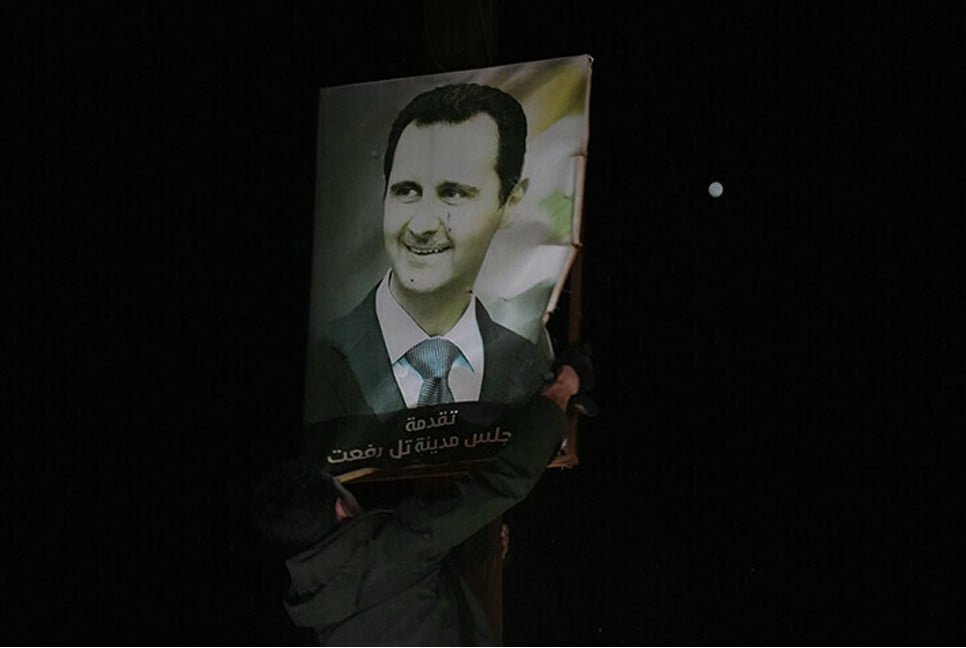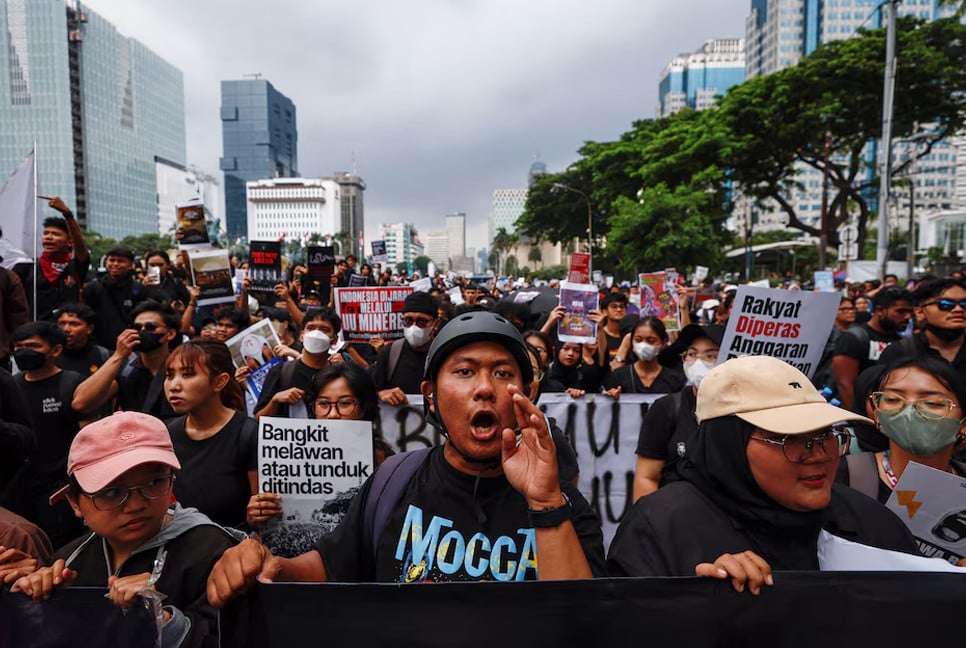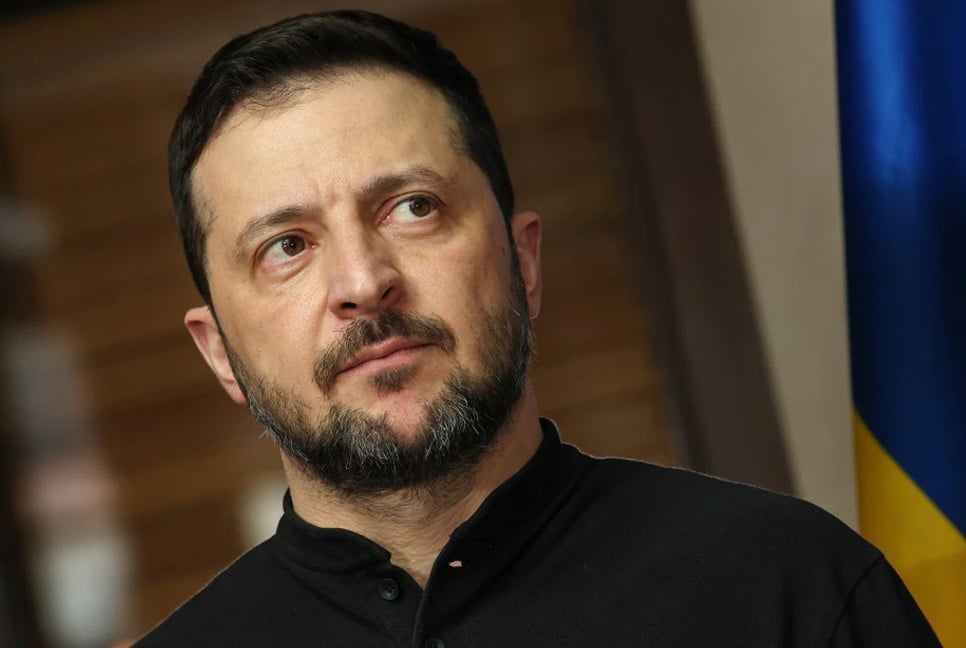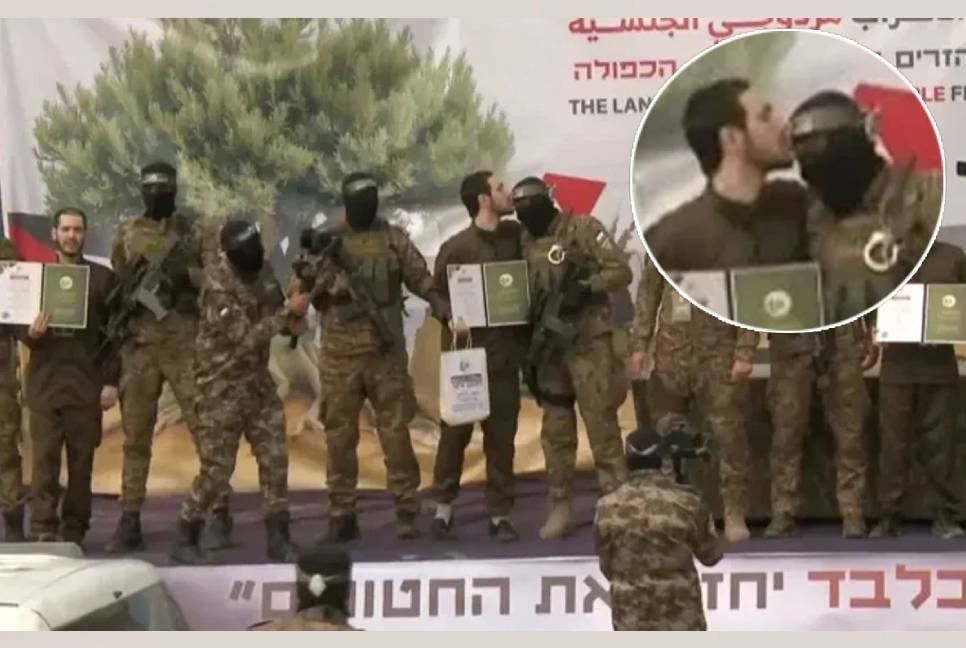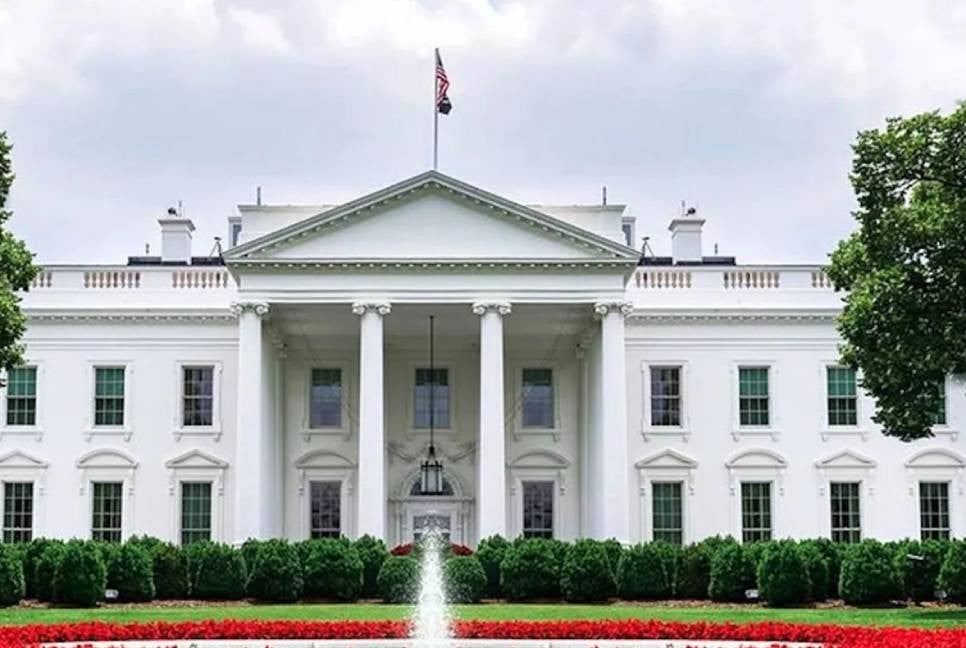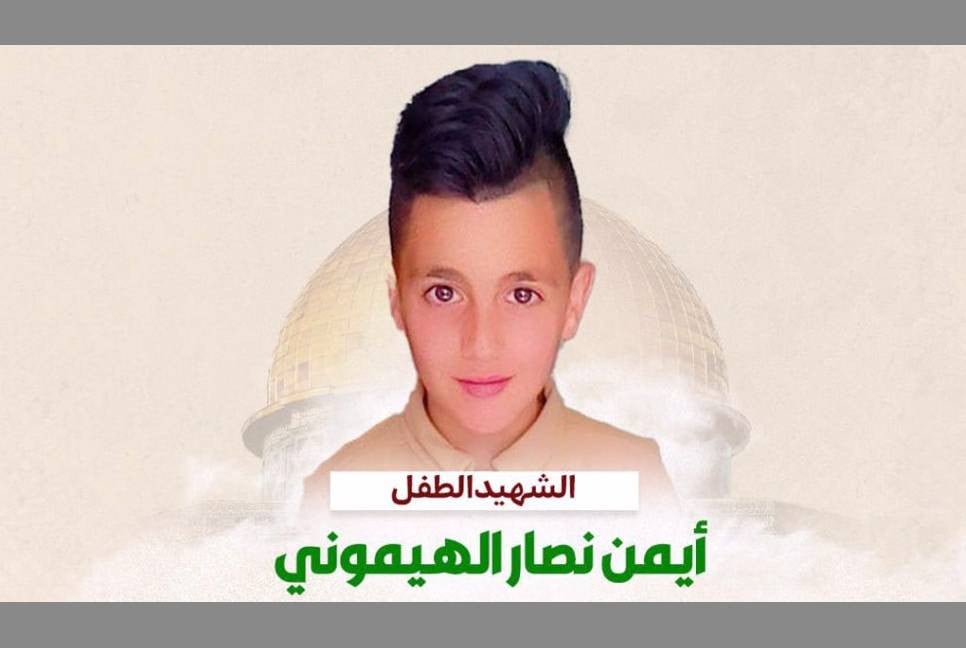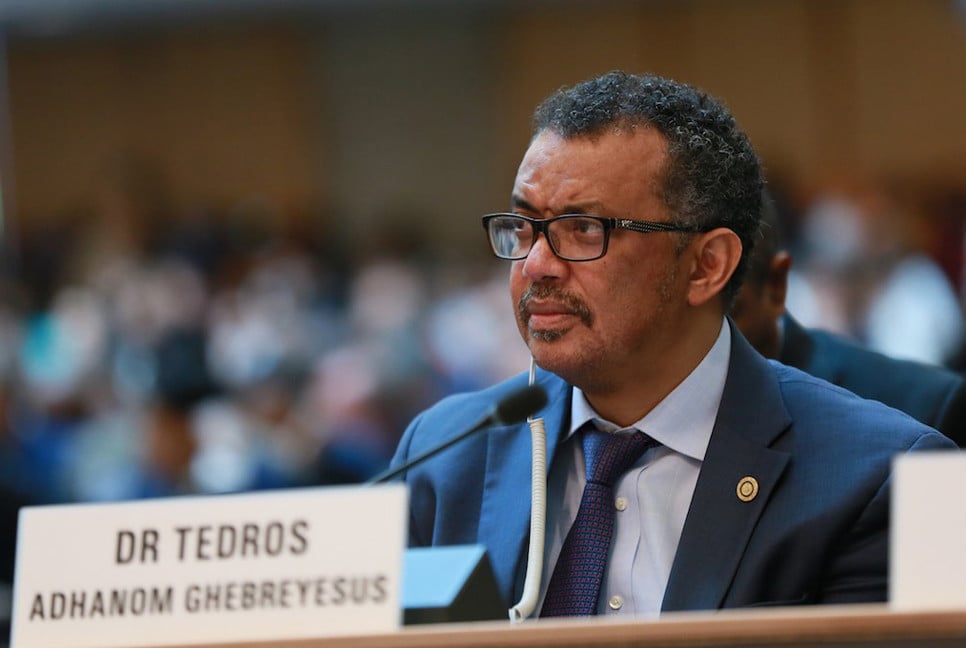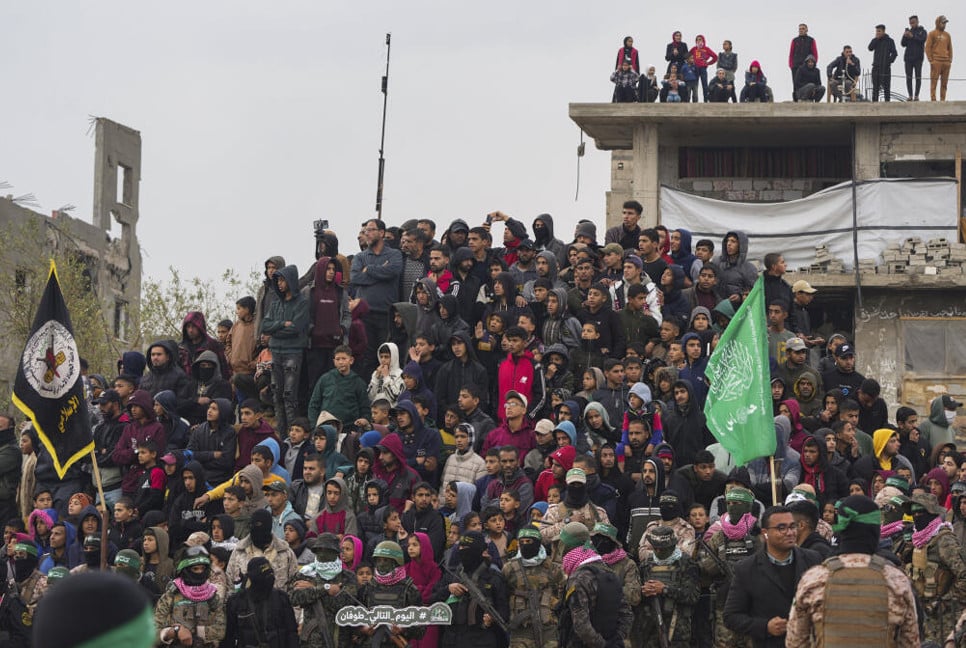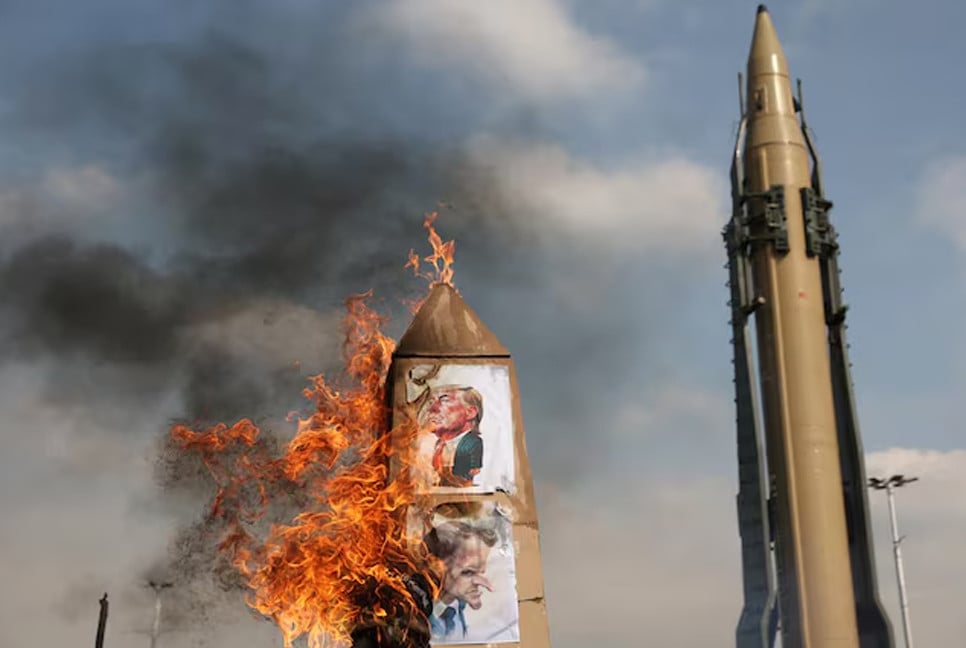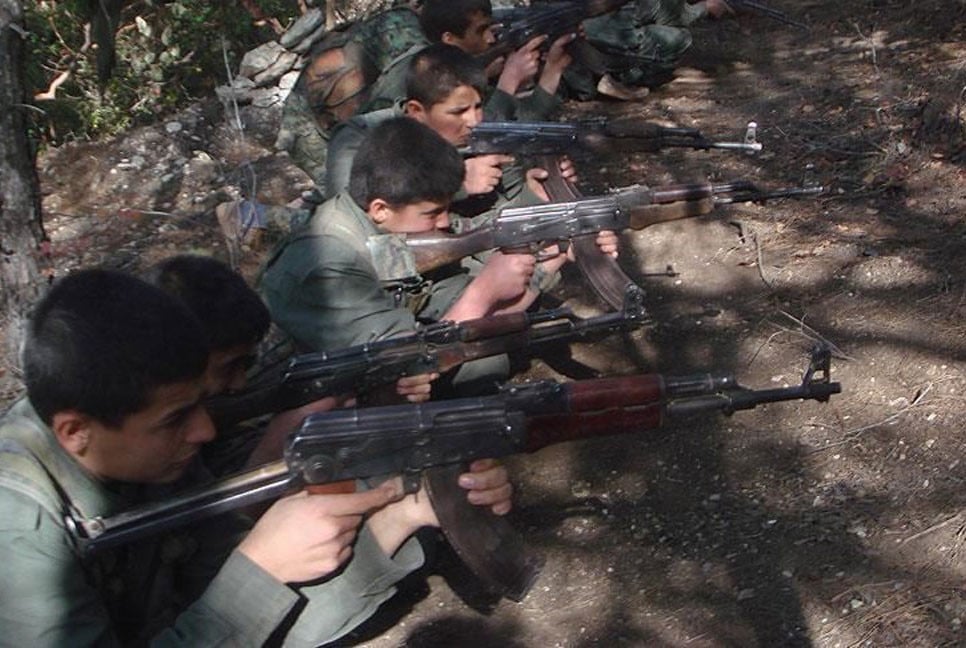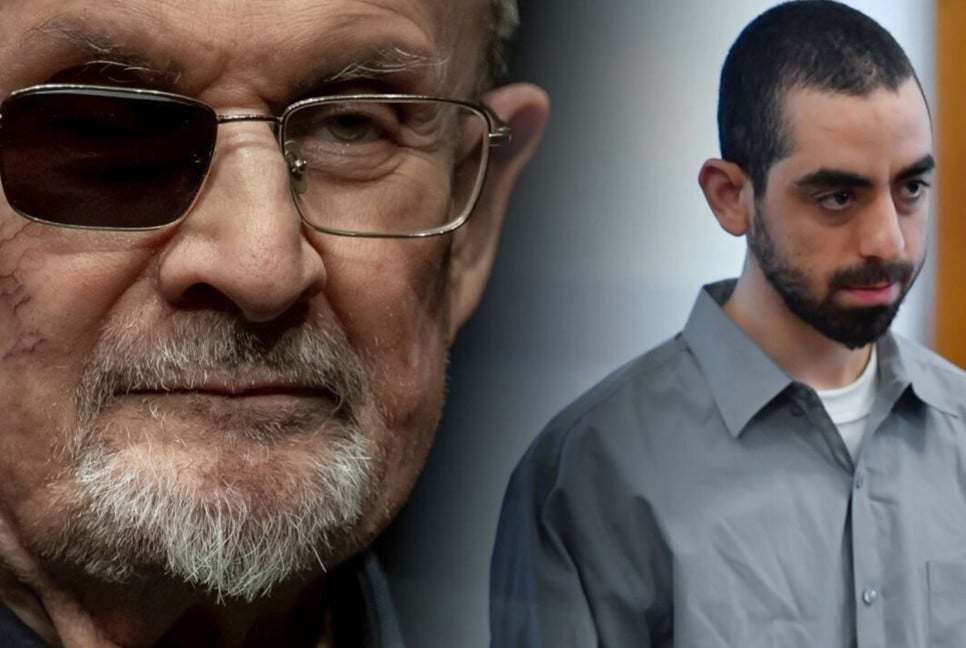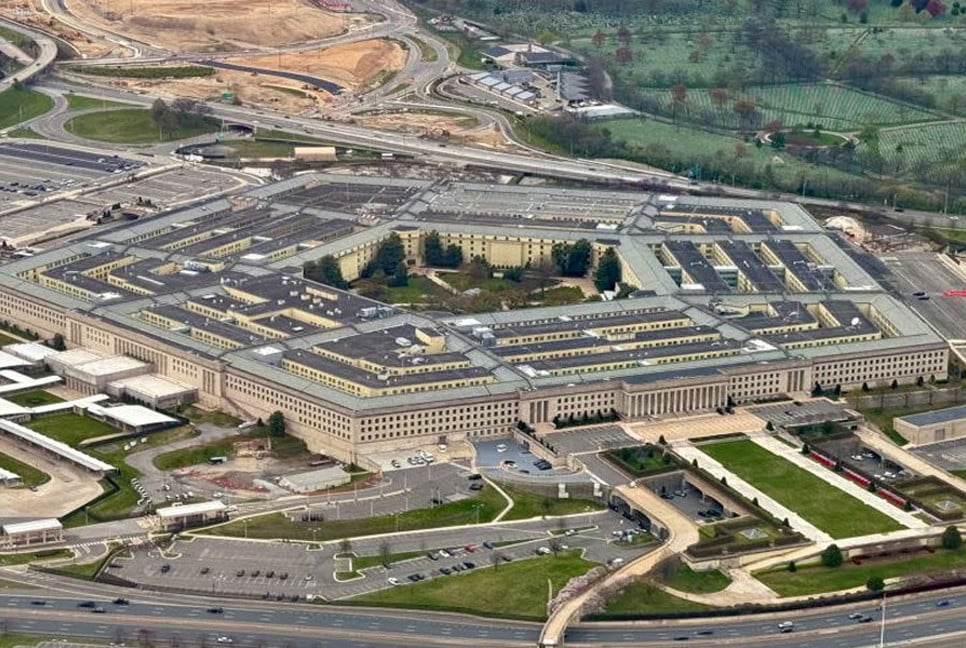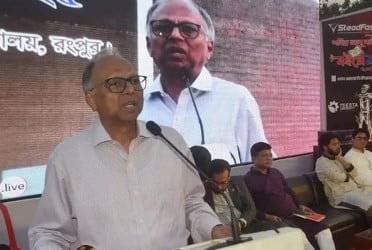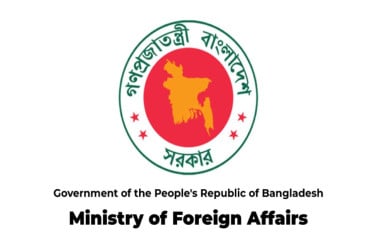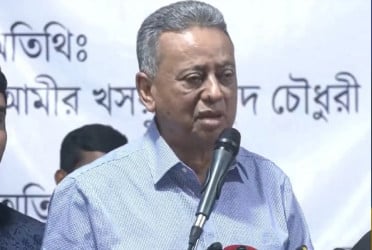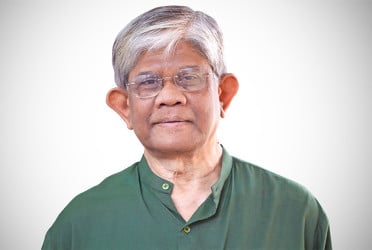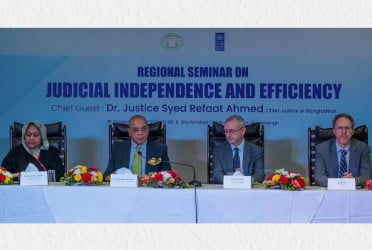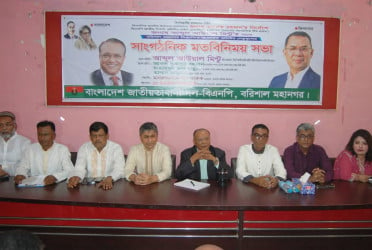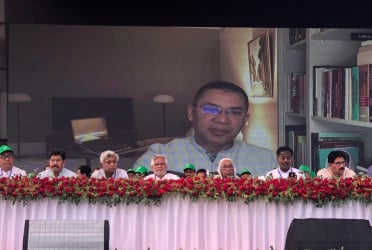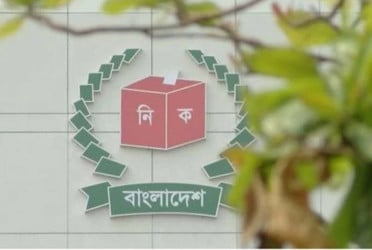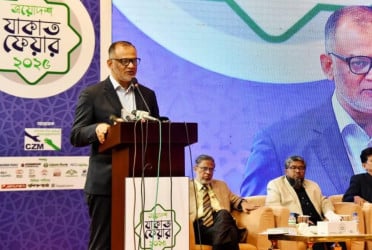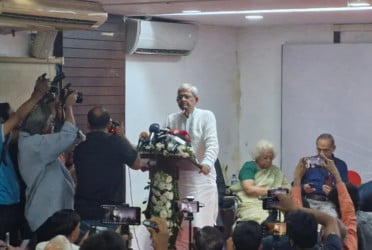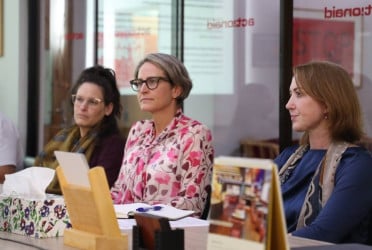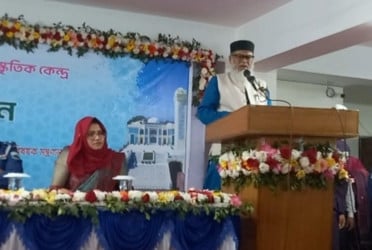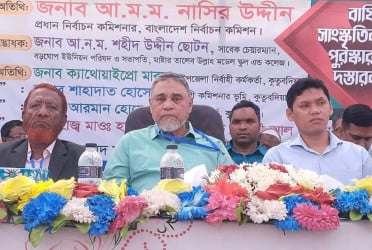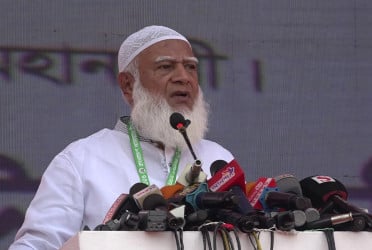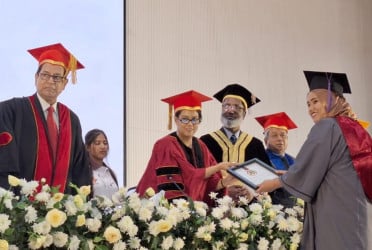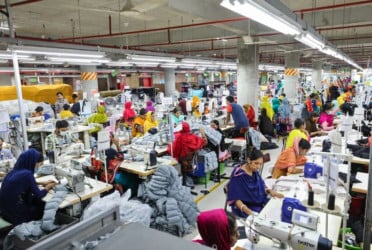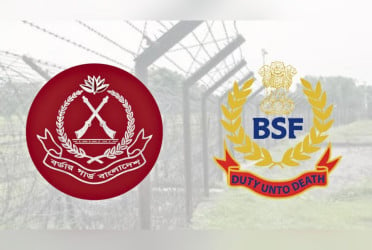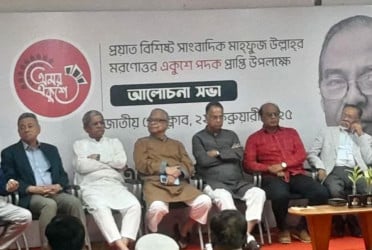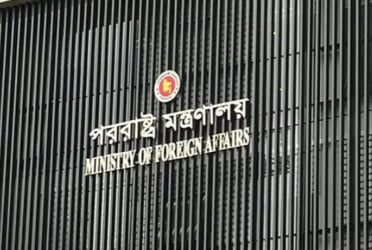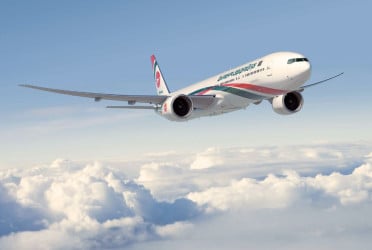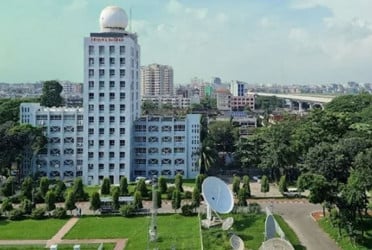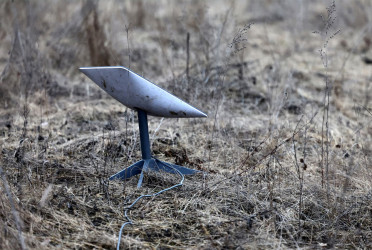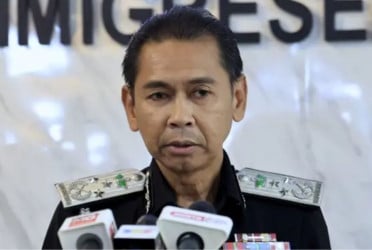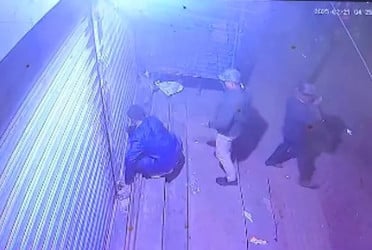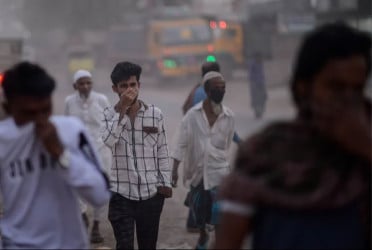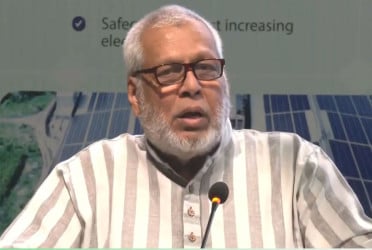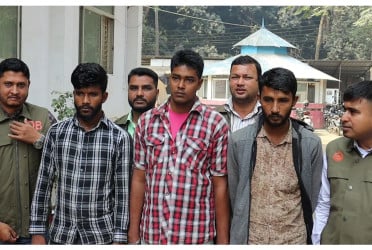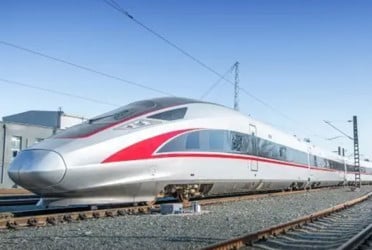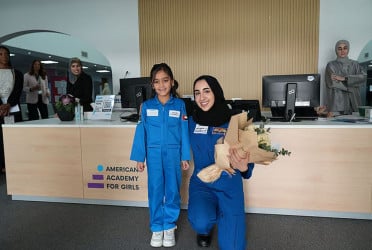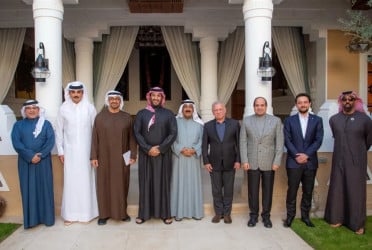An Islamist-led rebel alliance attacked Syrian government forces on Wednesday, coinciding with the fragile ceasefire between Israel and Hezbollah in neighboring Lebanon after two months of military operations. The insurgent group Hayat Tahrir al-Sham (HTS) and its allies now control much of Aleppo, Syria's second-largest city, except for areas held by Kurdish forces. This marks the first time in over a decade of civil war that Aleppo has been entirely outside the control of Syrian regime forces, according to Rami Abdel Rahman, head of the Britain-based Syrian Observatory for Human Rights.
Iran’s Foreign Minister Abbas Araghchi visited Damascus on Sunday to meet with President Bashar Assad, offering Tehran’s "firm support" for the Syrian government and army, Iranian state media reported. During their talks, Assad emphasized the importance of support from allies in confronting "foreign-backed terrorist attacks."
Following the meeting, Araghchi continued his trip, arriving in Ankara where he was scheduled to meet with Turkish Foreign Minister Hakan Fidan and President Recep Tayyip Erdogan. On Sunday, Syrian and Russian aircraft carried out deadly strikes in Aleppo and Idlib in support of the Syrian government. At least 12 people were killed in Aleppo, with nine civilians reported dead in Idlib, according to the Observatory.
The Russian military confirmed its involvement in assisting Syrian forces to “repel terrorist aggression in Idlib, Hama, and Aleppo.” The strikes targeted terrorist commanders and large groups of insurgents, killing dozens, according to a Russian military statement carried by Syrian state news agency Sana. Additionally, Russian warplanes destroyed a convoy of vehicles carrying weapons and equipment for the insurgents in Idlib.
In Idlib, AFP images showed bodies in hospitals and torched vehicles in the streets. One resident, Umm Mohamed, told AFP that airstrikes killed her daughter-in-law, who left behind five children, including one injured girl. "Thank God their injuries were minor," she said from the hospital.
Since 2016, Syrian forces, backed by Russian air power, had recaptured Aleppo from rebel forces. Hezbollah also played a significant role in regaining territory for the Syrian government, though the group has suffered heavy losses fighting Israel. HTS, led by Al-Qaeda's former Syrian branch, already controlled much of Idlib and parts of Aleppo, Hama, and Latakia provinces. The ongoing fighting has claimed over 412 lives, including at least 61 civilians, according to the Observatory.
The rebel advance has faced little resistance, with several towns across northern Syria, including Khan Sheikhun and Maaret al-Numan, falling into their hands. The latest airstrikes on Aleppo were the first since 2016, with one resident telling AFP that most locals were staying indoors to avoid the violence.
Aaron Stein, president of the US-based Foreign Policy Research Institute, commented that "Russia’s presence has thinned out considerably," and the Syrian government's position appears weak. "Aleppo seems to be lost for the regime, and unless they manage to mount a counteroffensive soon, or unless Russia and Iran send much more support, I don’t think the government will get it back," said Aron Lund of the Century International think tank. "And a government without Aleppo is not really a functional government of Syria," he added.
The United States, along with France, Germany, and Britain, called for de-escalation in Syria and the protection of civilians and infrastructure. "The current escalation only underscores the urgent need for a Syrian-led political solution to the conflict, in line with UNSCR 2254," the US State Department said, referencing the 2015 UN resolution endorsing a peace process in Syria.
Meanwhile, the United States continues to maintain troops in northeast Syria as part of an anti-jihadist coalition without the Syrian government's consent. In parallel to the HTS offensive, pro-Turkey factions in northern Syria attacked Kurdish fighters in Aleppo province, seizing the strategic town of Tal Rifaat and nearby villages, according to the Observatory.
UN Special Envoy Geir Pedersen warned that the escalating violence in Syria poses severe risks to civilians and has serious implications for regional and international peace and security.
(Source: DAWN)
BD-Pratidin English/Madud

